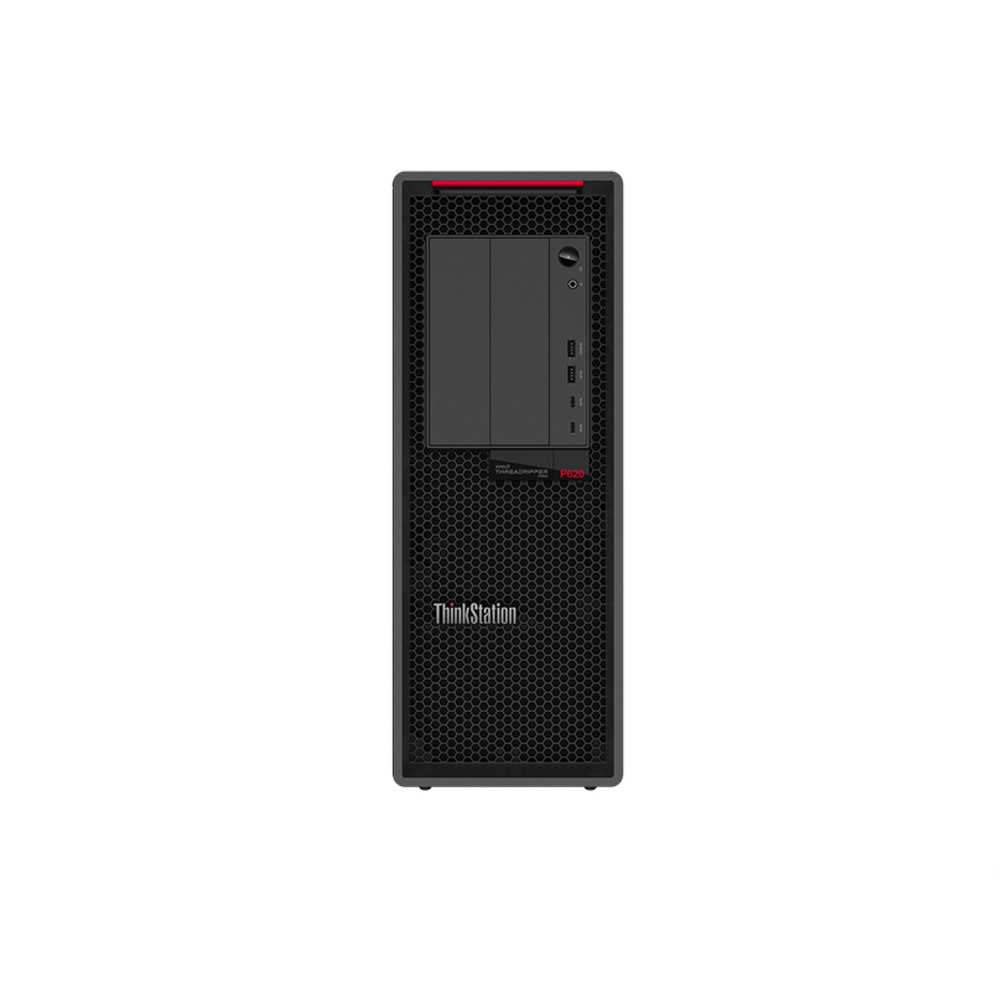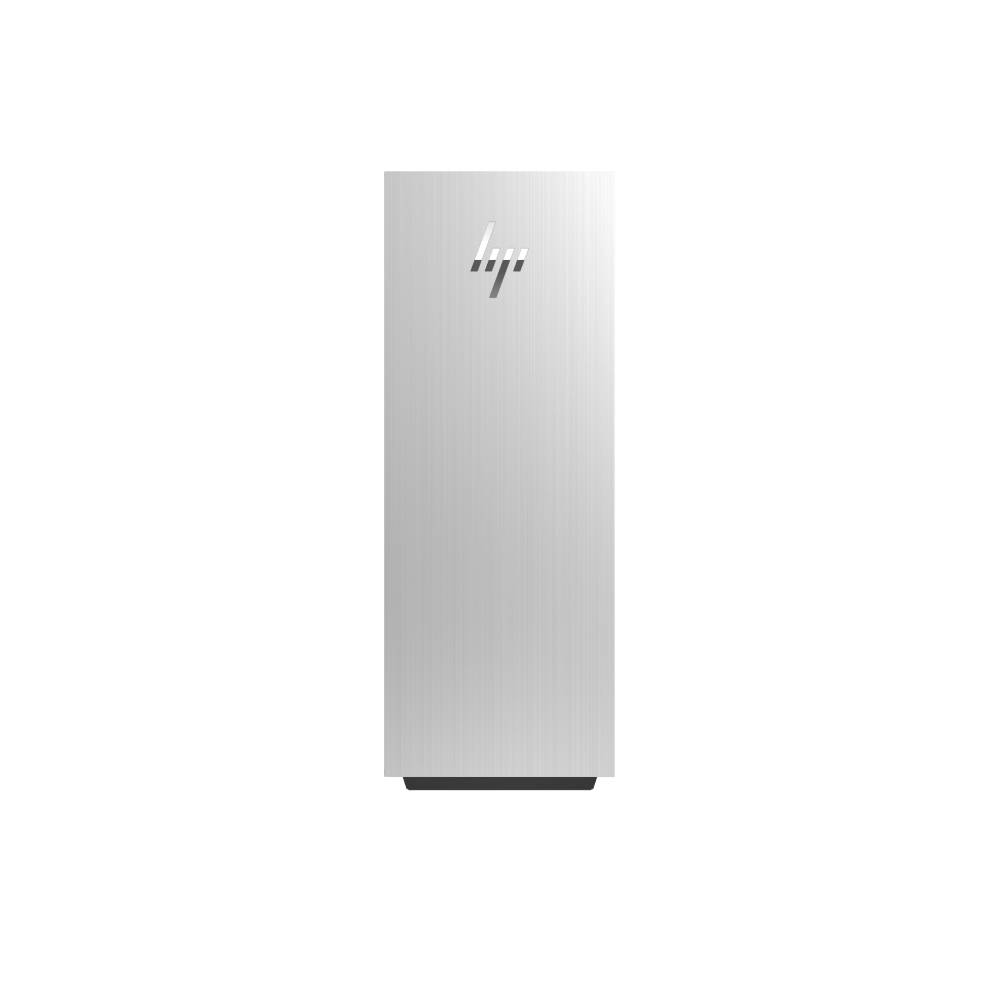POSTED: 13 August, 2024
Do More CPU Cores Make Machine Learning and AI Faster?
CPU cores are considered the ‘brain of a central processing unit'. They are individual processing units within a CPU that work cohesively to handle the calculations and instructions a PC needs to run programs efficiently. Since machine learning (ML) and artificial intelligence (AI) are more computationally intensive tasks, they can benefit from multiple CPU cores. However, CPU cores alone may not always guarantee faster ML and AI performance; factors such as memory bandwidth and latency, I/O performance, and others play a crucial role.
PCs with higher CPU cores are preferred for machine learning (ML) and artificial intelligence (AI) over PCs with a lower core count, because both MI and AI involve intensive tasks that require a speedy, powerful, and efficient computer for smooth execution. However, despite their popularity, many still question whether PCs with more CPU cores truly accelerate ML and AI performance.
CPU cores are individual processing units within a PC’s central processing unit (CPU). Since each core can independently execute instructions, a CPU core enhances the system's overall efficiency and performance. Naturally, with a higher CPU core count, there are more cores to execute instructions, leading to faster performance and speed.
While the number of CPU cores does affect ML/AI performance, other factors such as memory and I/O performance, algorithm characteristics, software optimisation, and others play a vital role in shaping a PC’s overall effectiveness in handling ML and AI workloads.
A Detailed Look into CPU Cores
Here’s a comprehensive look into the different types of CPU cores.
|
Name |
Core-Count |
|
Single-Core |
1 core |
|
Dual-Core |
2 cores |
|
Quad-Core |
4 cores |
|
Hexa-Core |
6 cores |
|
Octa-Core |
8 cores |
|
Deca-Core |
10 cores |
|
Dodeca-Core |
12 Cores |
|
Many-Core |
16 to 64+ cores |
|
Hybrid Cores |
4 big cores and 4 little cores or 6 big or 2 little cores |
A brief explanation for the table above:
A single-core CPU has one processing core that handles one task at a time. In contrast, a dual-core CPU has two processing cores that can handle two tasks simultaneously, and so on!
Types of CPUs and Their Core Counts
Consumer Desktop and Laptop CPUs:
Consumer desktops and laptops CPUs have core counts ranging from 2 to 16 cores. For example, an Intel Core i3 processor will likely have 2-4 cores, while an AMD Ryzen 9 will have 12–16 cores.
High-End (High-Performance) Workstations and Server CPUs
High-performance CPUs have a core count ranging from 8 to 64+ cores. A few examples include:
- Intel Xeon – 8 to 28 cores
- AMD EPYC – 8 to 64 cores
- Intel Core X-Series – 8 to 18 cores
- AMD Threadripper – 8 to 64 cores
Mobile and Embedded CPUs
Mobile and embedded CPUs, such as the ARM Cortex-A Series and Apple A-Series, have a core count between 4 and 8 cores.
Specialized High-Core CPUs
These CPUs (for example, the AMD EPYC, Intel Xeon Platinum, and Fujitsu A64FX) have a core count between 32 and 128+ cores.
Do More CPU Cores Make ML and AI Faster?
Machine learning (ML) and artificial intelligence (AI) are transformative technologies that have revolutionized sectors like healthcare, transportation, finance, entertainment, and others. However, they involve tasks like deep learning, processing large data sets, training complex algorithms, and performing real-time analysis that demand substantial computational power.
While CPUs with a higher core count are a more popular choice for ML and AI due to their competent, fast, and lag-free performance, the ultimate CPU for machine learning and artificial intelligence will depend on several important factors, such as the nature of your work, specific requirements, and budget constraints.
CPUs with an increased core count speed up machine learning (ML) and artificial intelligence (AI) in the following ways:
Faster Data Preprocessing
A substantial portion of machine learning requires individuals to prepare data through cleaning, normalisation, and feature engineering. Since these tasks are CPU-bound, they can significantly benefit from multiple cores. More CPU cores speed up data preprocessing, specifically for large datasets, making ML and AI faster.
Simultaneous Data Processing
They enable simultaneous processing of large data sets, enhancing speed and efficiency. Since a higher core count enables swift management and processing of big data sets, it also provides quicker work speeds while analysing data and training.
Maximised System Performance
More cores maximise system performance and computational power by using CPU resources optimally. They distribute workloads evenly across multiple cores, preventing load on a single CPU core and leading to excellent resource utilisation.
Higher Real-Time Responsiveness
Multiple CPU cores can significantly benefit ML and AI applications requiring real-time processing because of their ability to simultaneously handle tasks. They increase system responsiveness, which leads to reduced decision-making latency, and more accurate operation, specifically in AI.
Parallel Processing and its Benefits
Training ML models, such as processing large datasets, and performing complicated mathematical computations, can be parallelised across multiple cores, speeding up the preprocessing pipeline. Multiple cores fortify computational speed and process multiple batches of data at once, boosting overall output.
ML/AI Workloads and Their PC Requirements
These are the kind of PCs you would need for different ML/AI workloads.
Introductory Machine Learning Tasks:
PC Requirements: A desktop PC with a 16-core CPU, 16GB RAM, and a mid-range SSD.
Moderate Machine Learning Tasks
PC Requirements: At least a 16-core CPU, 32GB RAM, a good (decent) SSD, and a mid-high-level GPU.(These requirements will also suffice for small deep-learning projects).
Large Datasets and Complex Deep Learning Projects
PC Requirements: 32+ CPU core count, 64+ GB RAM, a large SSD, a top-of-the-line GPU
Top 3 Desktop PCs for Different Types of ML/AI Workloads
Lenovo ThinkStation P620 AMD Threadripper Pro (30E0004BUK)
Specifications
- AMD Threadripper Pro 3975WX 32-Core Processor
- DDR4-SDRAM Memory
- 16GB RAM, 512GB SSD
- Windows 10 Pro
- HDMI | USB 3.2
- Black Colour
- 3-Years Warranty
Features
Ranked among the top workstation PCs for ML and AI, the Lenovo ThinkStation P620 AMD Threadripper Pro has several specifications and features tailored explicitly for handling intensive ML, AI, and other computational workloads. It packs an AMD Threadripper Pro 3975WX processor with an exceptionally high core count (32-core) and a 3.50GHz processing speed, enabling parallel task processing and leading to faster ML, AI model training, inference tasks, and data processing. Additionally, it has many cores and threads critical for handling complex algorithms and large data sets in ML and AI applications.
The Lenovo ThinkStation P620 AMD Threadripper Pro is designed as a professional workstation. It has the required scalability and performance for demanding machine learning and artificial intelligence tasks. In addition, enough memory and space on board enhances overall system responsiveness.
The all-powerful Lenovo ThinkStation P620 AMD Threadripper Pro workstation PC supports best-in-class graphics cards for improved performance in GPU-accelerated deep learning inference and training. Due to its high performance, it is the perfect choice for professionals, researchers, and enterprises that need a top-tier and reliable computing solution for ML and AI.
Lenovo Legion T7 (90V70017UK)
Specifications
- Intel Core i9 - 13900KF 24-Core Processor
- DDR5-SDRAM Memory
- 32GB RAM, 1TB SSD
- NVIDIA GeForce RTX 4080 Graphics
- Windows 11 Home
Features
Though the Lenovo Legion T7 is a powerful gaming PC, it can robustly handle ML and AI tasks. Because it is multipurpose and offers strong CPU and GPU performance, you don’t need to invest in a new PC specifically for ML and AI.
This outstanding Lenovo PC features an Intel Core i9 -13900KF 24-core processor, which can easily handle data preprocessing, AI algorithms not optimized for GPUs, and other non-GPU workloads in training. Its graphics card (the NVIDIA GeForce RTX 4080) further polishes MI/AI performance. It has ample 32GB RAM for uninterrupted handling of large datasets and complex models used in ML/AI, and fast 1TB storage for faster data access. Additionally, it is equipped with cooling and thermal management, which ensures stable performance during intensive ML/AI computations.
The Lenovo Legion T7 balances performance, affordability, and versatility, making it suitable for professionals, small teams, and enthusiasts engaging in ML and AI development and experimentation. It supports various ML and AI software frameworks and tools for higher access and ease of use.
HP ENVY TE02-1006na (8B531EA#ABU)
Specifications
- Intel Core i7- 13700 16-Core Processor
- DDR5-SDRAM Memory
- 16GB RAM, 512GB SSD, 1TB HDD
- NVIDIA GeForce RTX 3060 Ti Graphics
- Windows 11 Home
- HDMI, USB 3.2, DisplayPort
- White Colour
- 1-Year Warranty
Features
The HP ENVY TE02-1006na is a dynamic consumer desktop PC most suitable for general computing tasks and less demanding (entry-level) ML/AI tasks. If you are just starting out and want a PC that can sufficiently handle essential ML and AI tasks, this PC is for you!
You can use the HP ENVY TE02-1006na as a starting point as someone who is new to ML and AI and wants to learn the basics and experiments of some algorithms. It offers sufficient performance in deep learning (often searched under ‘AI deep learning’), and while working with smaller data sets for image recognition and other similar tasks. In addition, it helps you understand the basic algorithms and concepts without a pause.
Specifications-wise, it features an Intel Core i7-13700 16-core processor, 16GB RAM, 512GB SSD, and 1TB HDD. It offers faster data access to boost training speed (specifically when you want to access data frequently), among other benefits.
The HP ENVY TE02-1006na also packs NVIDIA GeForce RTX 3060 Ti Graphics, which has significant CUDA cores optimised for parallel processing, tensor cores for AI workloads, considerable acceleration for training times, and more!
Overall, the HP ENVY TE02-1006na is a capable, multipurpose consumer desktop PC recommended for entry-level AI and ML tasks.
Selecting The Right PC for Machine Learning (ML) and Artificial Intelligence (AI)
Choosing the ‘right PC’ for ML and AI
Choosing the ‘right PC’ for ML and AI will depend on the specific tasks you want to perform on it, and your budget, along with the following considerations:
CPU Cores
A higher core count leads to better ML and AI performance, so opt for a PC with at least 16 cores and a minimum of 32 or more cores to handle intensive and demanding workloads efficiently.
Clock Speed
Another important consideration is the CPU’s clock speed - A higher clock speed will strengthen the processing speed for each core, leading to faster performance and continuous performance in ML/AI tasks.
Ample Memory and Storage
A PC’s memory and storage impact performance in the following ways:
- Ample memory will reduce bottlenecks during training and ensure smooth operation when working with large datasets and complex models.
- Plentiful SSD is necessary for faster data access speeds during processing and training.
GPU
A PC’s graphics processing unit (GPU) refines ML and AI performance, specifically in deep learning tasks. If you want to enjoy the perks of accelerated computing, aim for a GPU that supports CUDA and tensor cores.
Compatibility
You should ensure that the ML/AI software you plan to use is compatible with your chosen hardware specifications. Ideally, in today’s digital age, it should support frameworks such as TensorFlow, scikit-learn, PyTorch, etc.
Cooling System
A good cooling system is essential for maintaining performance and preventing overheating during intensive tasks. Consider investing in a high-quality cooling solution for your PC.

